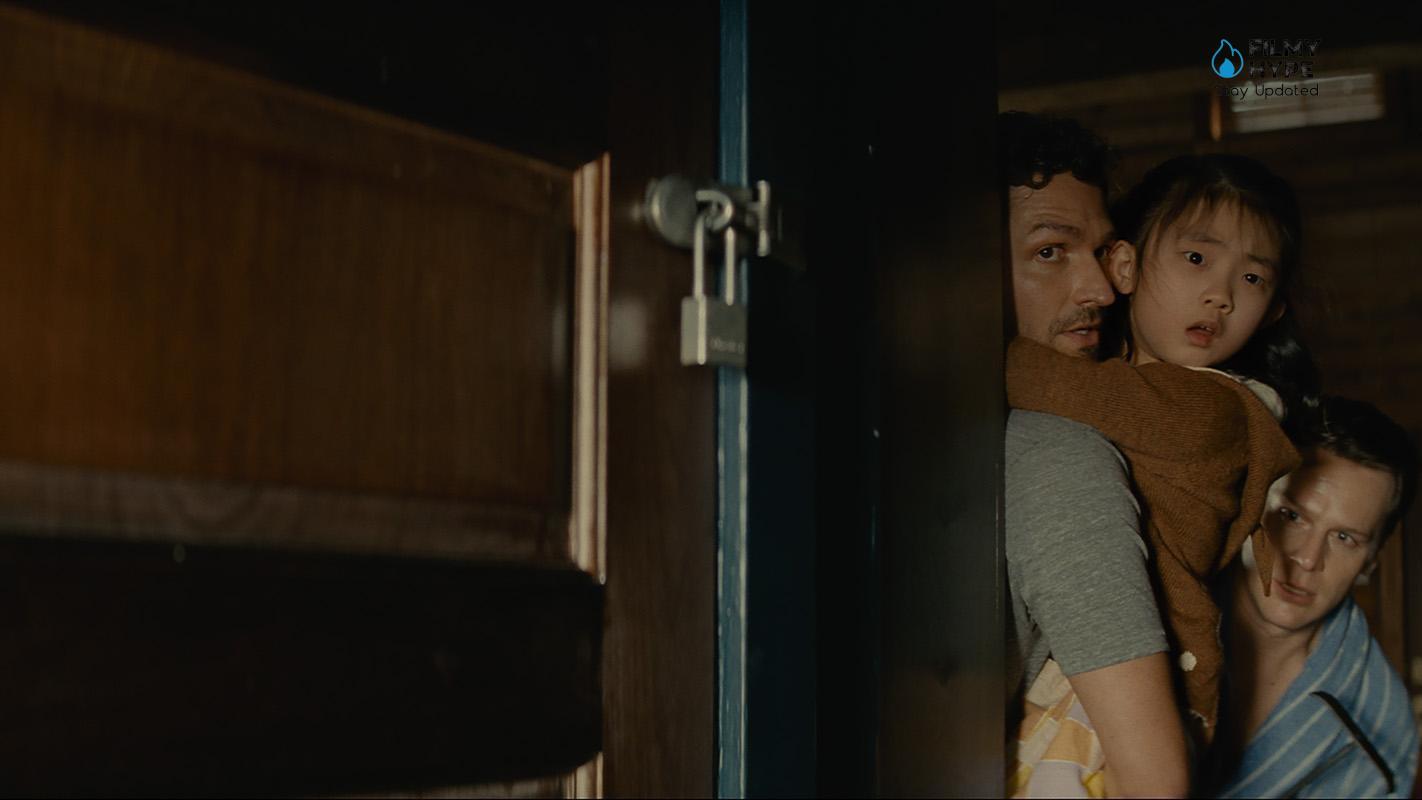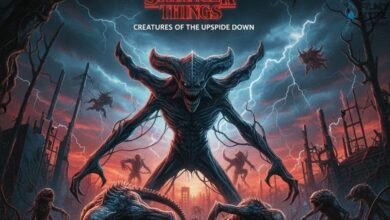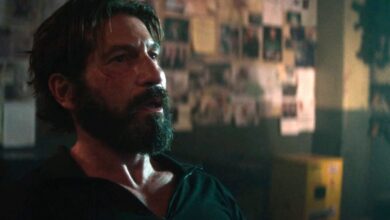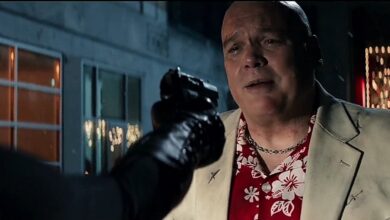Knock at the Cabin: The Differences Between Shyamalan’s Film and The Book
Night Shyamalan, after Old based on the graphic novel Sandcastle (retrieve our review of Old), dedicates himself to another adaptation and does it with Knock at the Cabin, inspired by the 2018 novel The house at the end of the world written by Paul G. Tremblay and winner of the Bram Stoker Award for Best Horror Novel. A bloody and mystical text, full of unexpected twists and turns, to which the filmmaker has decided to rely only on upon in part, trying to lead the spectators into a dimension in which the choice made by its protagonists is fundamental and not the randomness of the events taking place around – do you want to know if we liked the film by M. Night Shyamalan? To find out, we leave you the review of Knock at the Cabin.

This is how the director and screenwriter undress Tremblay’s book and manages to keep only its skeleton, keeping faith with some key points of the story, but also knowing how to distance himself from it by creating a work that was both in line with his poetics, but which also represented an evolution of one’s career. This is why we take you inside the differences that bring Knock at the Cabin closer and further away to The House at the End of the World so that you can observe and judge for yourself the changes made to the film version of the literary work and grasp the transposition work carried out by Shyamalan.
Knock at the Cabin: Who Sacrifices Himself to Save The World?
Let’s start with the first major difference between film and novel. M. Night Shyamalan has reiterated several times that for his film it was essential that the protagonists make a choice. Forced a family to decide whom to sacrifice from their trio of four individuals who profess to be the modern horsemen of the Apocalypse, in this context for the author, it was important to establish a dynamic of confrontation and discussion involving victims and perpetrators. The film’s parents, played by Jonathan Groff and Ben Aldridge, are invited to make a sacrifice by choosing a component between themselves and their little daughter Wen to save the whole world. An option that is by no means easy, but which Shyamalan is well-intentioned to linger over, while in the book a tragic event suddenly changes the balance of the family.
In the novel, in fact, due to a scuffle between characters, a gunshot is fired by mistake which directly and irreparably affects the child. A devastating event that places the two parents in a heartbreaking emotional situation, who for the rest of the book will have to live with the fate of their daughter. In addition, in response to Wen’s death, in the book the characters of the father Eric and Andrew decided not to make any choice deliberately as a sign of rejection of any event divine or otherwise, having already lost what was for them the most important thing. A different ending in the film instead leads Shyamalan to resume an almost hopeful moment for the protagonists. After an argument, Eric sacrifices himself to stop what seems to be the end of the world, for a conclusion that sees Andrew go looking for Wen, who had been hiding and giving the two a glimmer of possibility for a possible e serene future.
The Ambiguity of M. Night Shyamalan’s Film
Another difference in death between the book and film is that of Leonard, a character played by the excellent Dave Bautista. Having put himself in charge of that band of new heralds of death, Leonard is determined to carry out their mission which is to warn the family that they will have to decide whom to sacrifice to prevent the collapse of mankind. If in Knocking at the door the man is the last “knight” alive and ends up killing himself with his own hands, in the novel he is murdered by one of his companions, who fed up with that situation wants to put an end to that insane and inexplicable operation.
Plus, if dying by one’s hand, in the film Leonard cuts his throat and Shyamalan (not) frames the event making it more dramatic than horrific, in the book his killing is very bloody and gruesome. Surely what novel and film meet is the ambiguity in the biblical announcement, which the film leaves suspended with various questions: have the characters averted a catastrophe (already begun)? Was it all a coincidence or did the death of their loved one (Eric) make a difference? Questions that Knock at the Cabin deliberately leaves open, to continue in the wake of M. Night Shyamalan’s enigmatic cinema.





